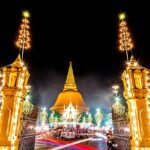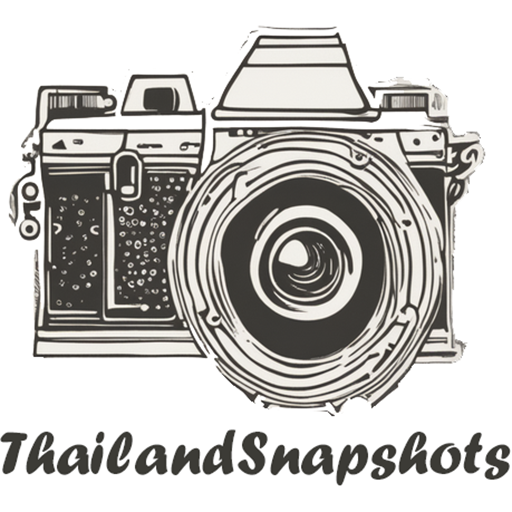
In Southeast Asia’s heat, April sees a lively celebration, drenching streets in camaraderie: the cherished Songkran Festival.More than just a mere festival, Songkran embodies the essence of Thai spirituality, community, and renewal, making it one of the most vibrant and anticipated events in the region.
Originating from Sanskrit, “Sankranti,” Songkran marks Thai New Year. Historically, families reunite and cleanse through water rituals. Additionally, over time, it evolved into a nationwide water fight.
Preparations start weeks ahead, locals clean homes, temples, and statues for luck. Streets buzz with excitement, stalls selling festival items.
Devout Buddhists mark Maha Songkran by visiting temples, offering prayers, making merit, and performing cleansing rituals. Additionally, monks lead processions through the streets, sprinkling holy water on devotees to bless them and ward off evil spirits. Furthermore, families pour scented water over elders’ hands as a sign of respect and to seek blessings for the year.
As the sun sets, streets transform into joyful battlefields as locals and tourists engage in iconic water fights. Everyone participates.

Amidst the revelry, traditional customs and rituals remain deeply ingrained in the fabric of the Songkran Festival. Building sand pagodas at temples and riverbanks is a custom to make merit and honor the Buddha. Locals sculpt intricate designs.
Food also plays a central role in Songkran Festival celebrations, with families coming together to share feasts of traditional dishes such as “khao chae” (rice soaked in jasmine-scented water) and “som tam” (spicy papaya salad). Street vendors line the bustling thoroughfares, offering an array of tantalizing treats, from sticky rice with mango to crispy fried insects, adding to the sensory delight of the festival.
Despite its roots in ancient tradition, the Songkran Festival continues to evolve with the times, embracing modern elements while preserving its cultural heritage. In recent years, eco-friendly initiatives have gained traction, encouraging revelers to use biodegradable water and to minimize waste during the festivities. Additionally, the government has launched campaigns promoting road safety and responsible behavior to ensure a safe and enjoyable experience for all.
As Songkran ends, renewal fills the air, streets washing clean. Amid water fights, festival spirit celebrates community and tradition.
More pictures here








